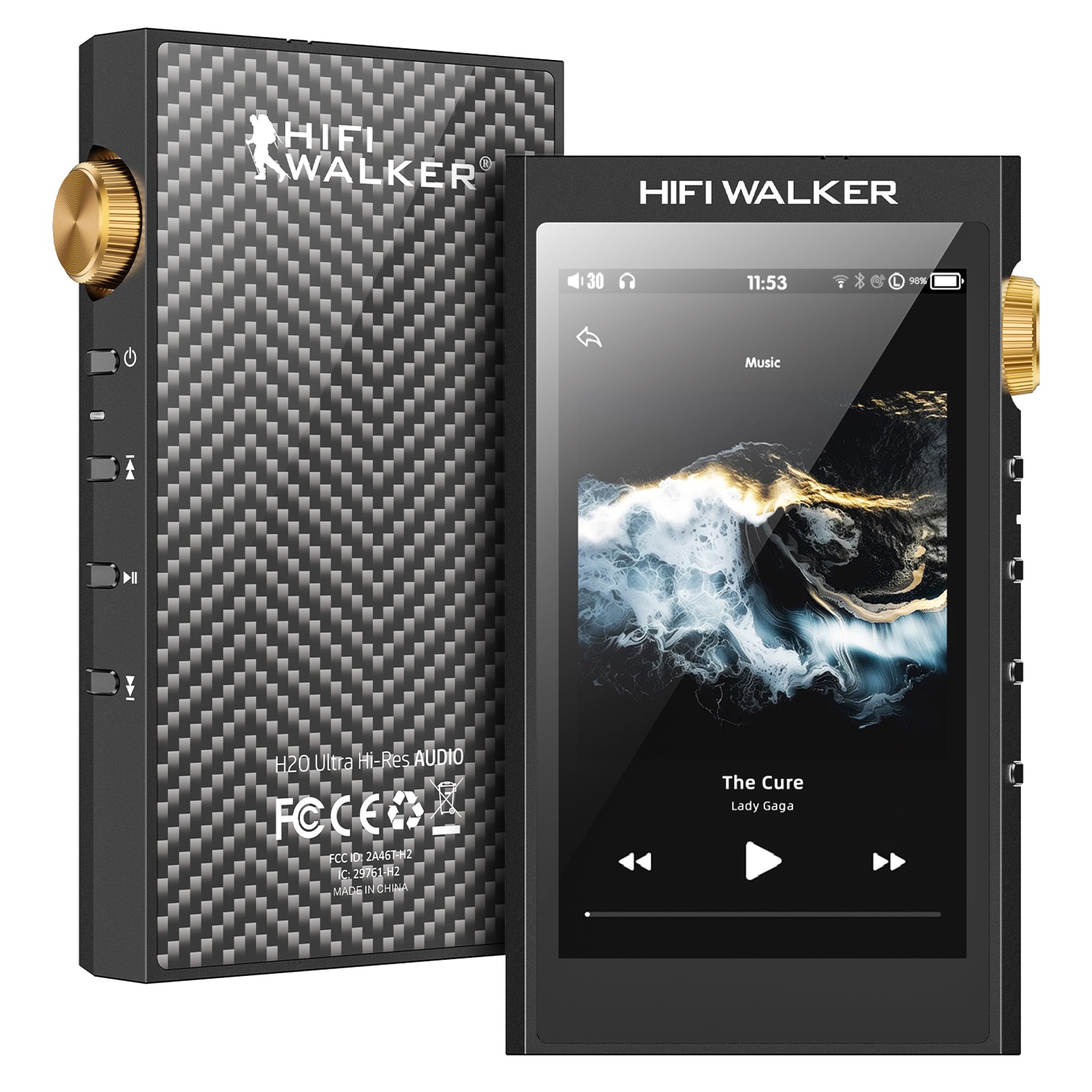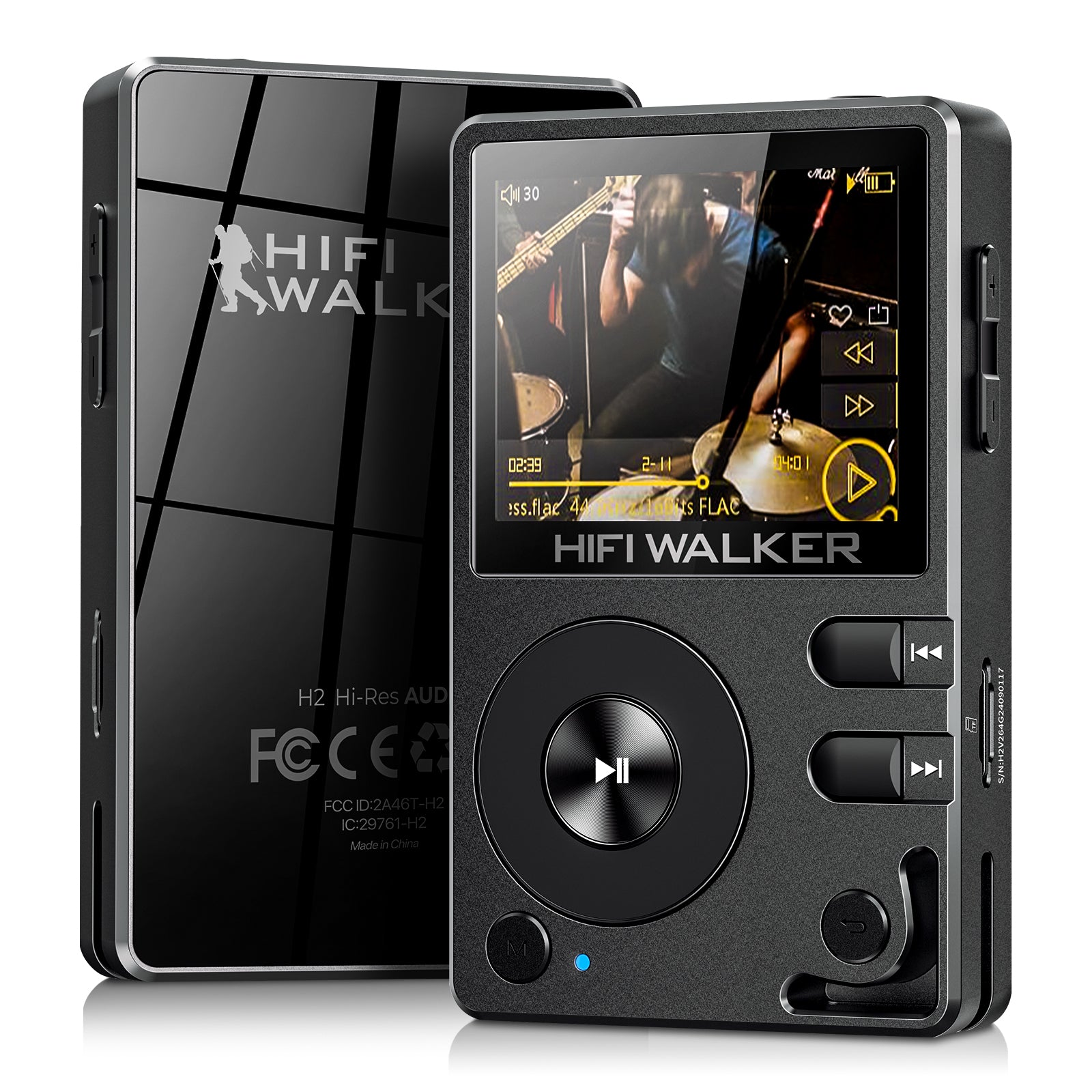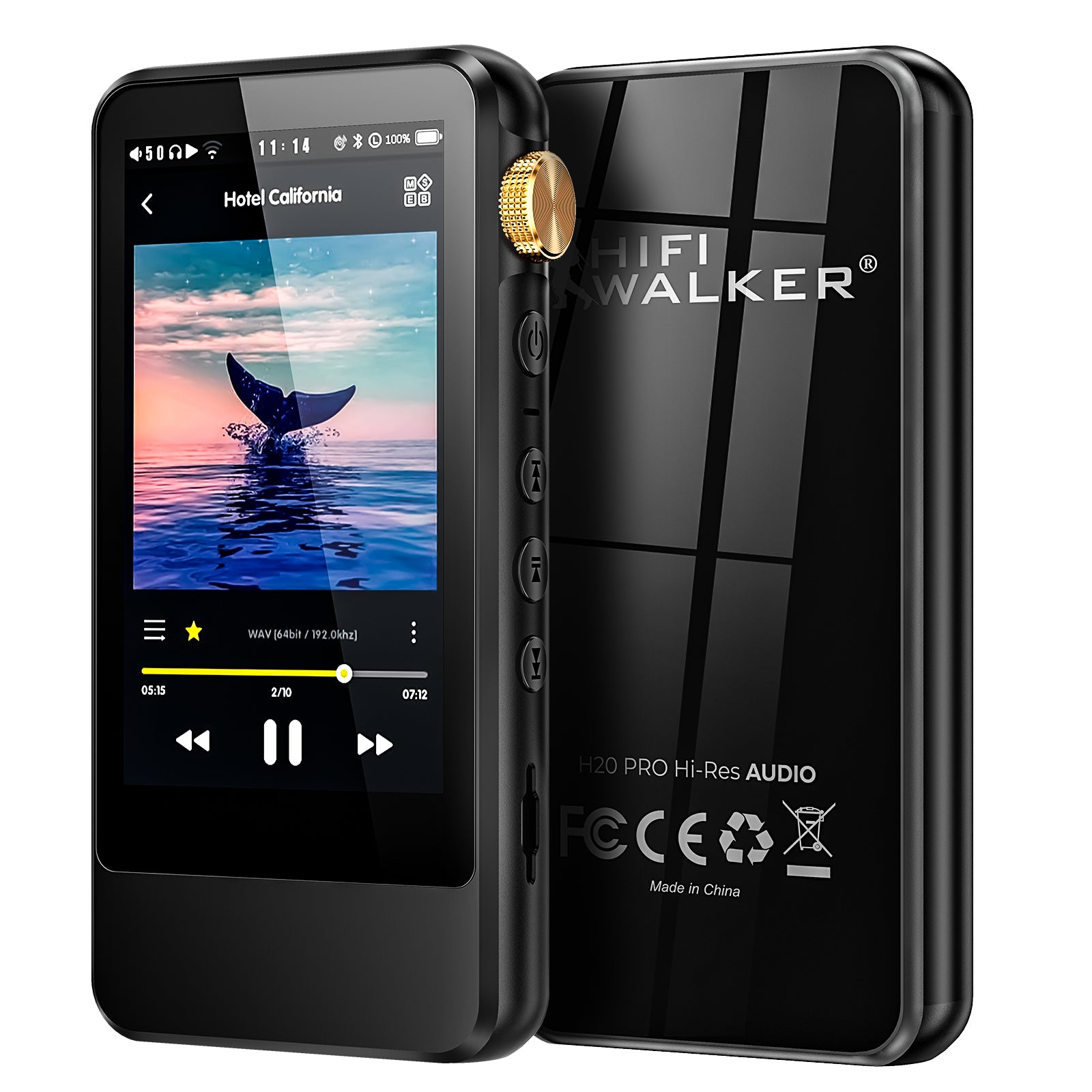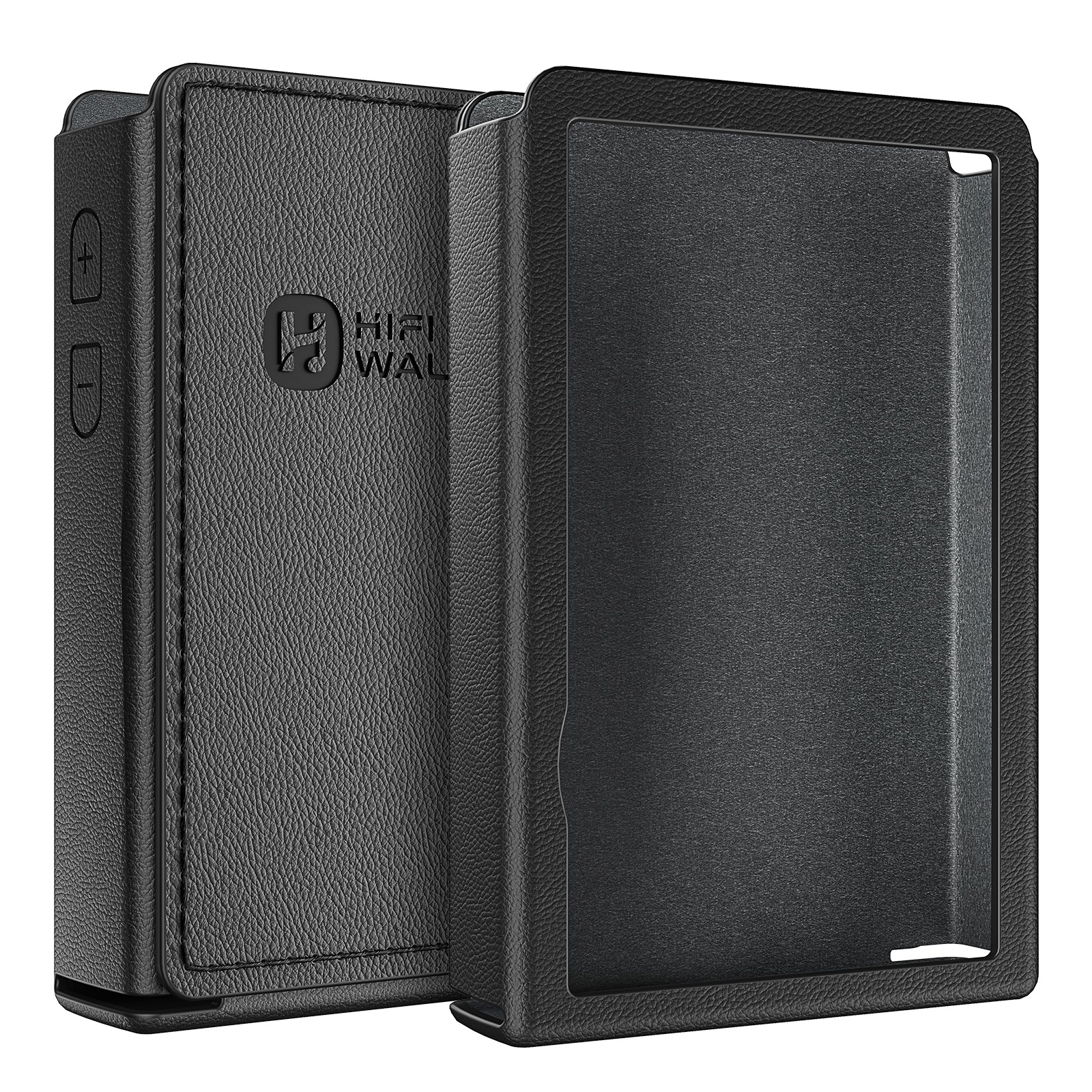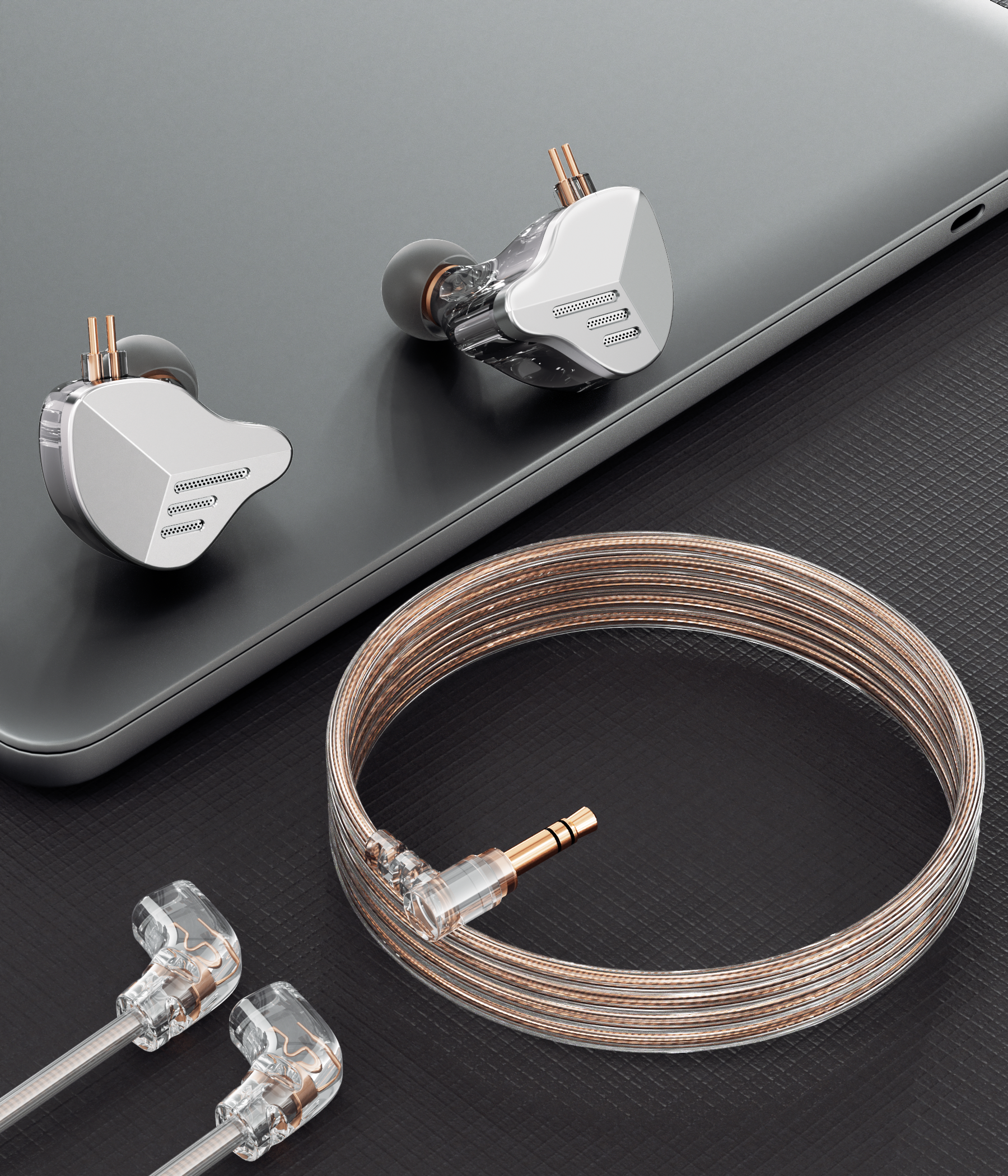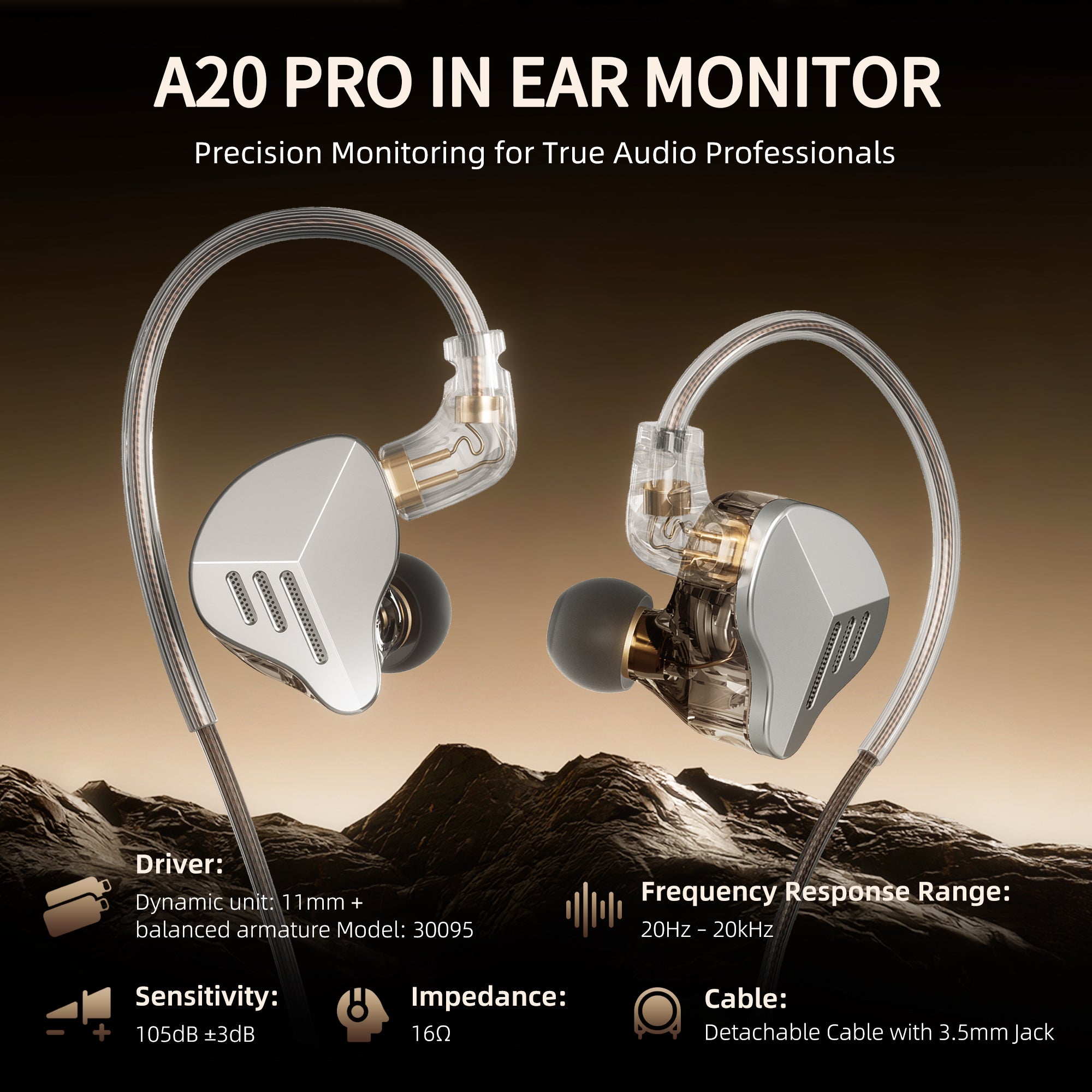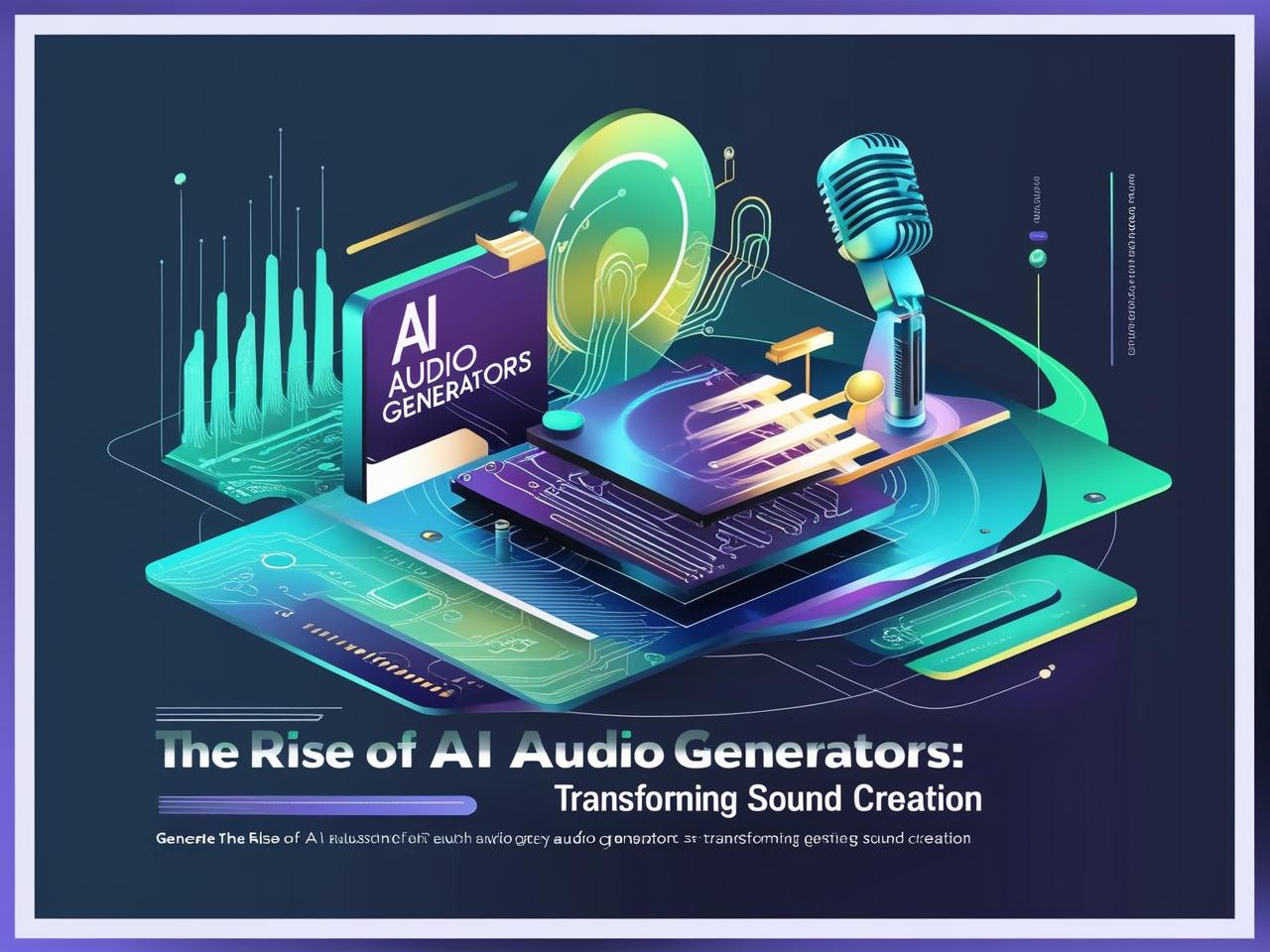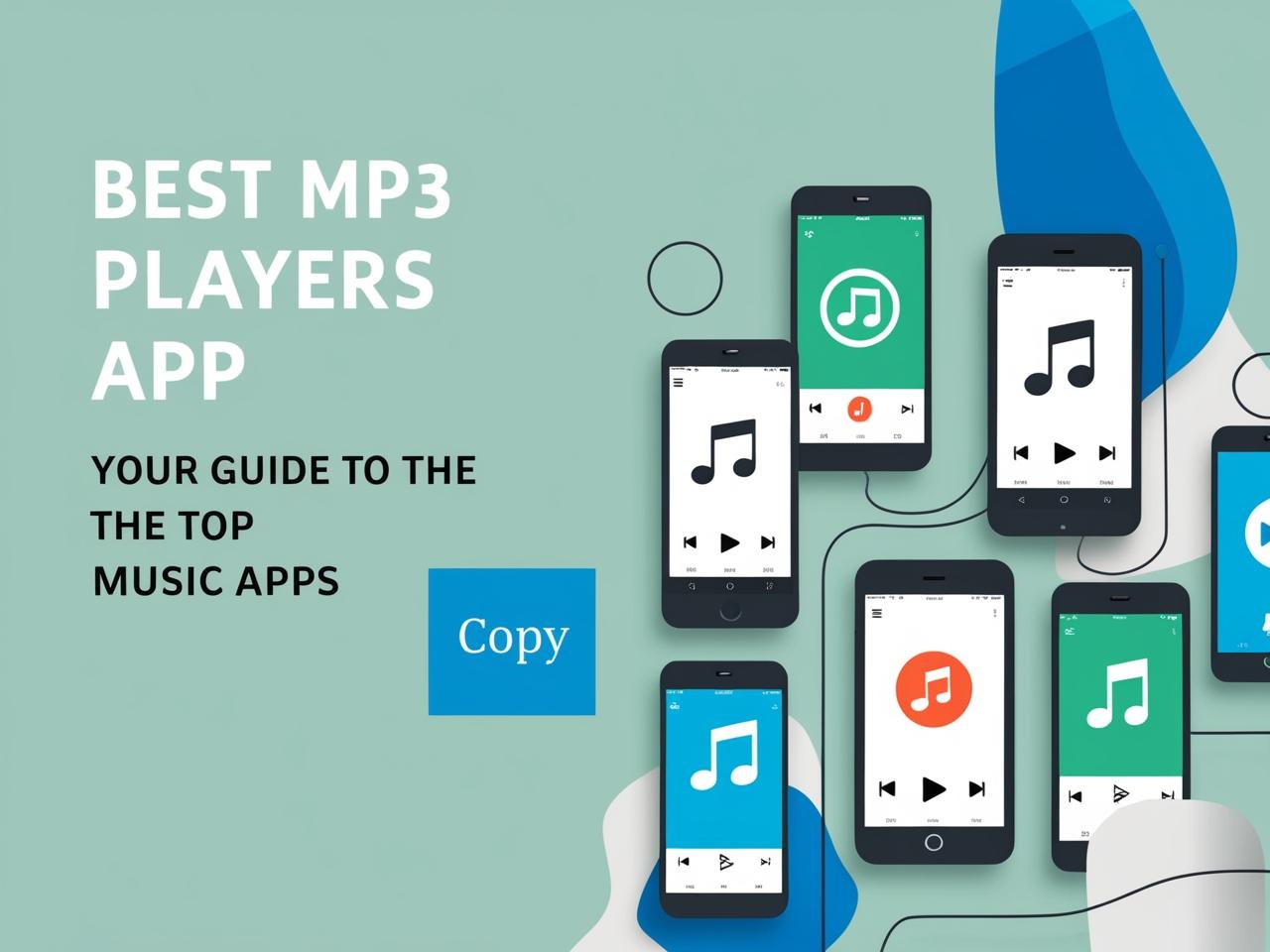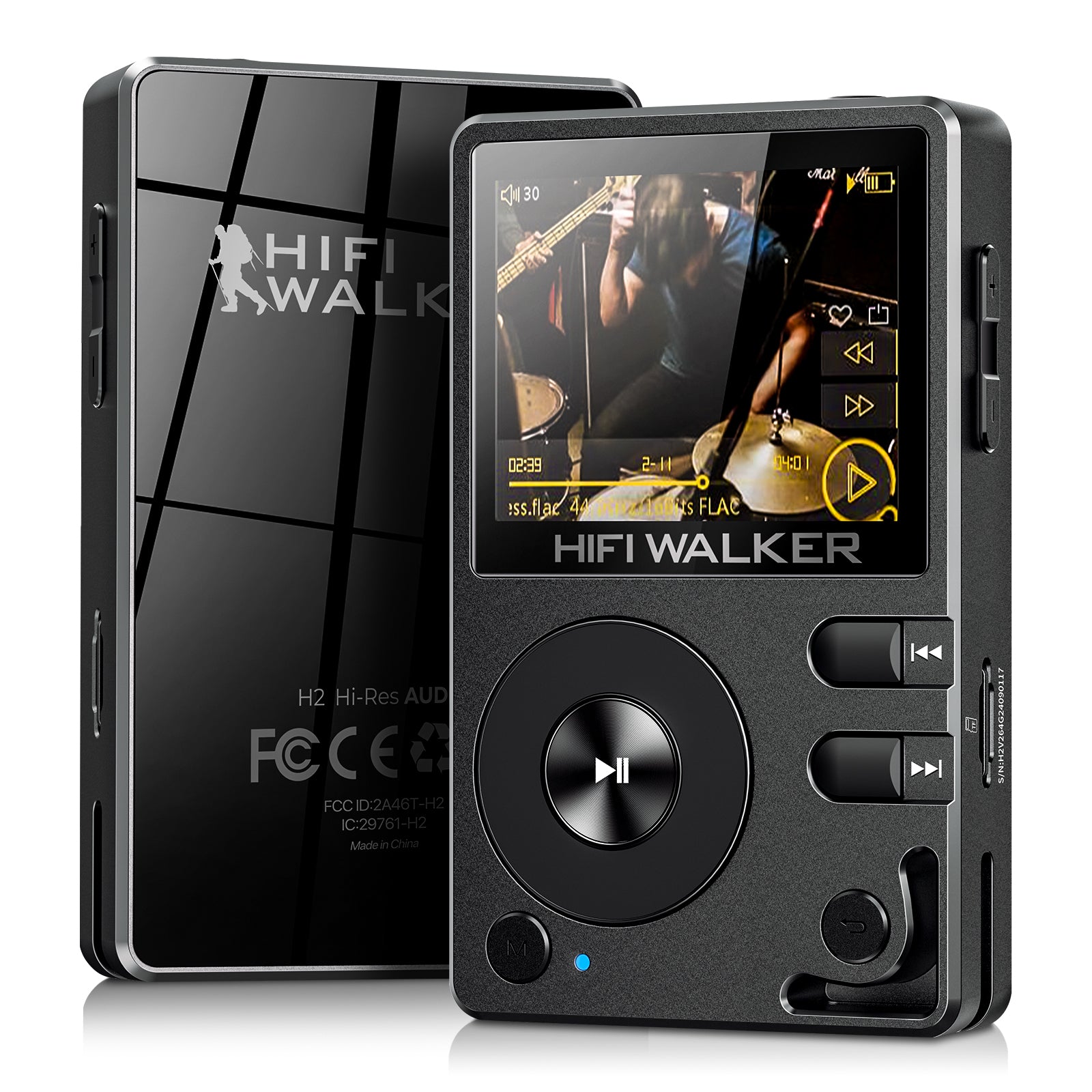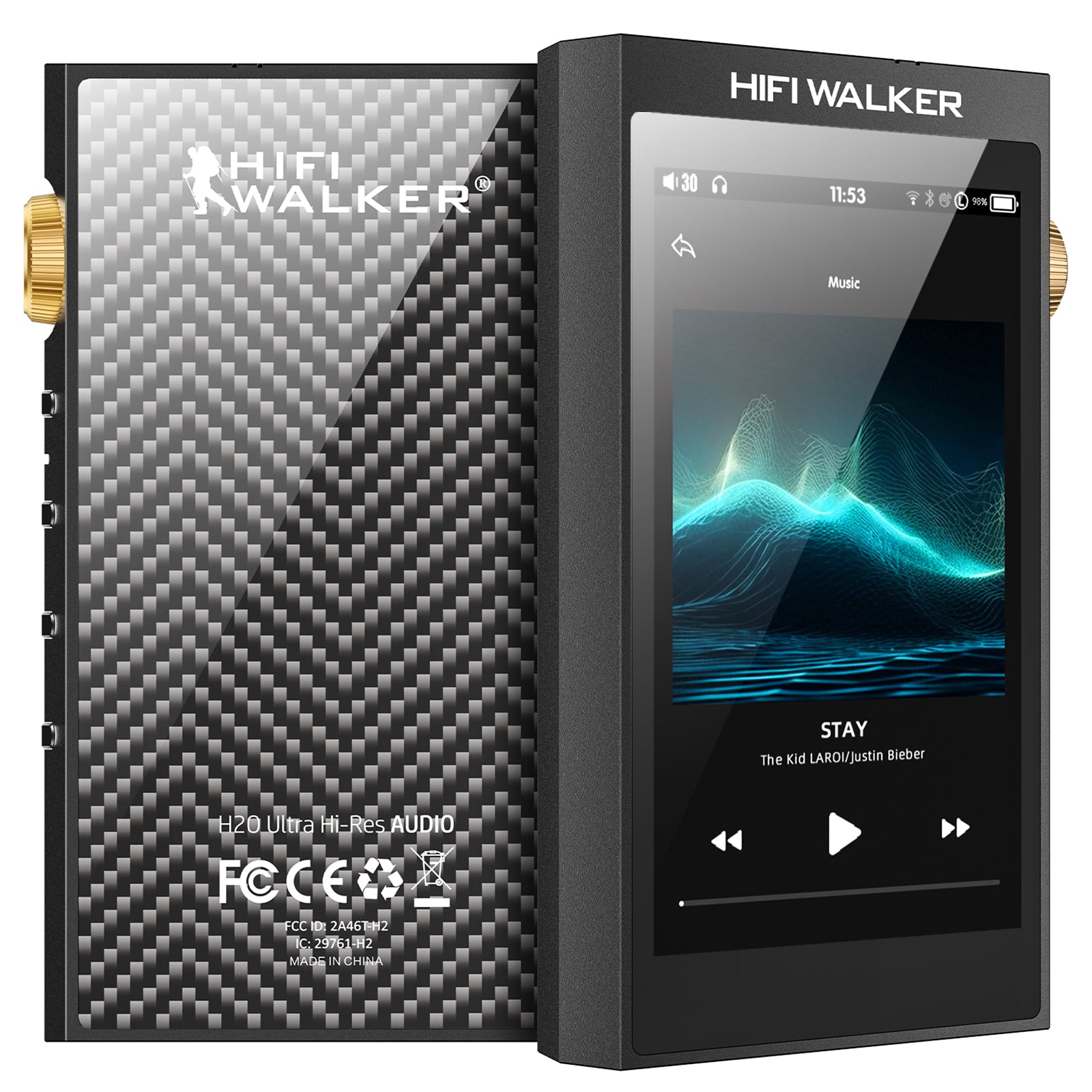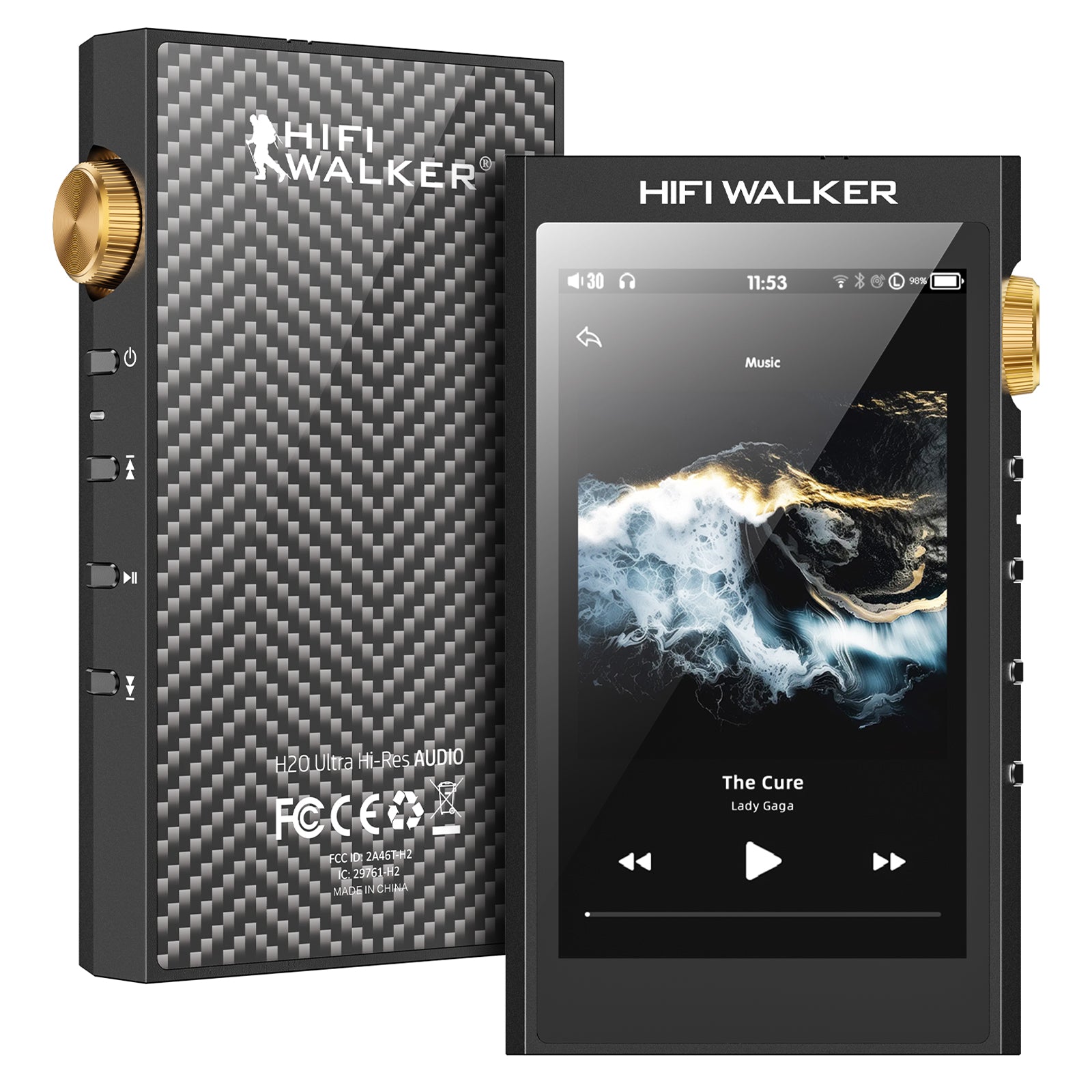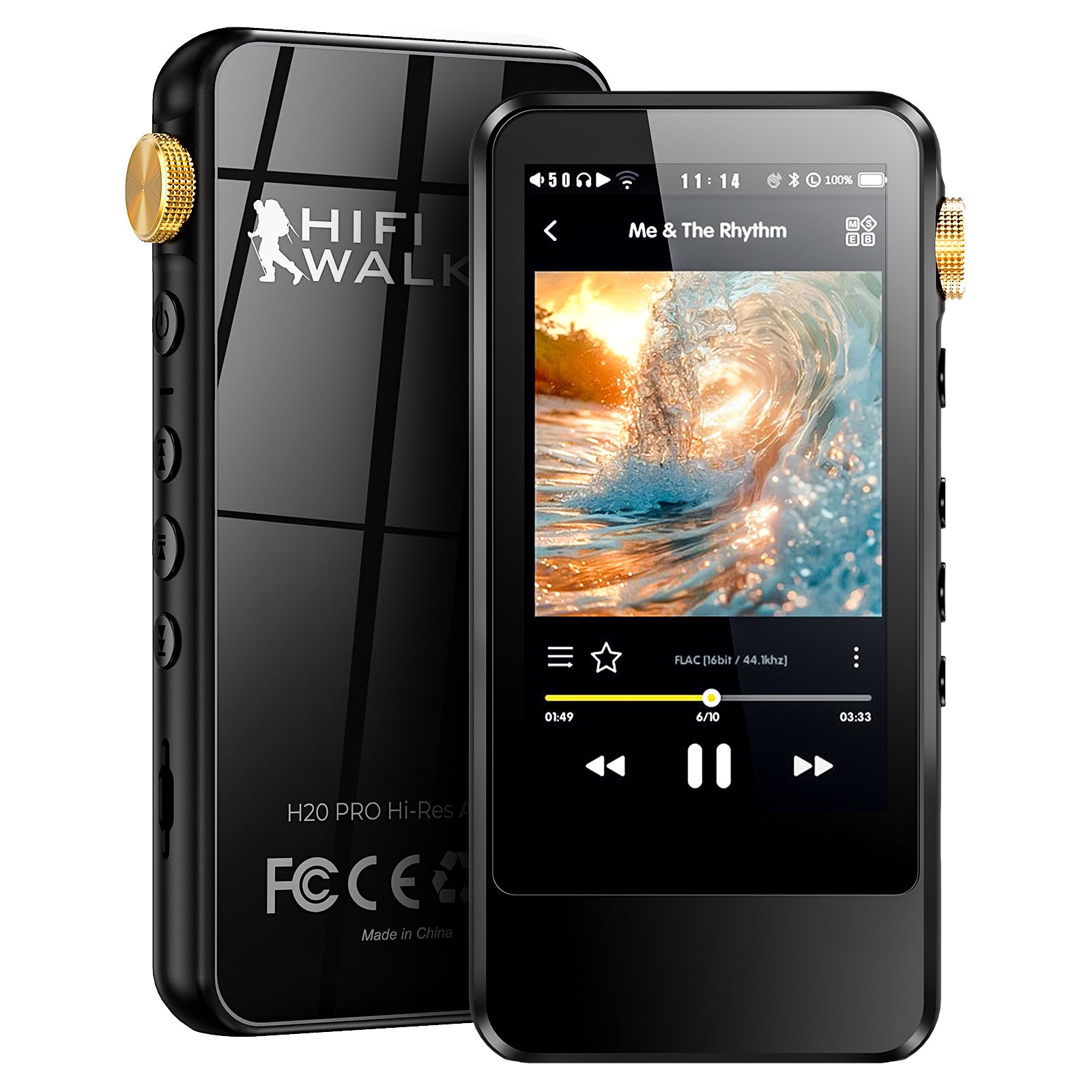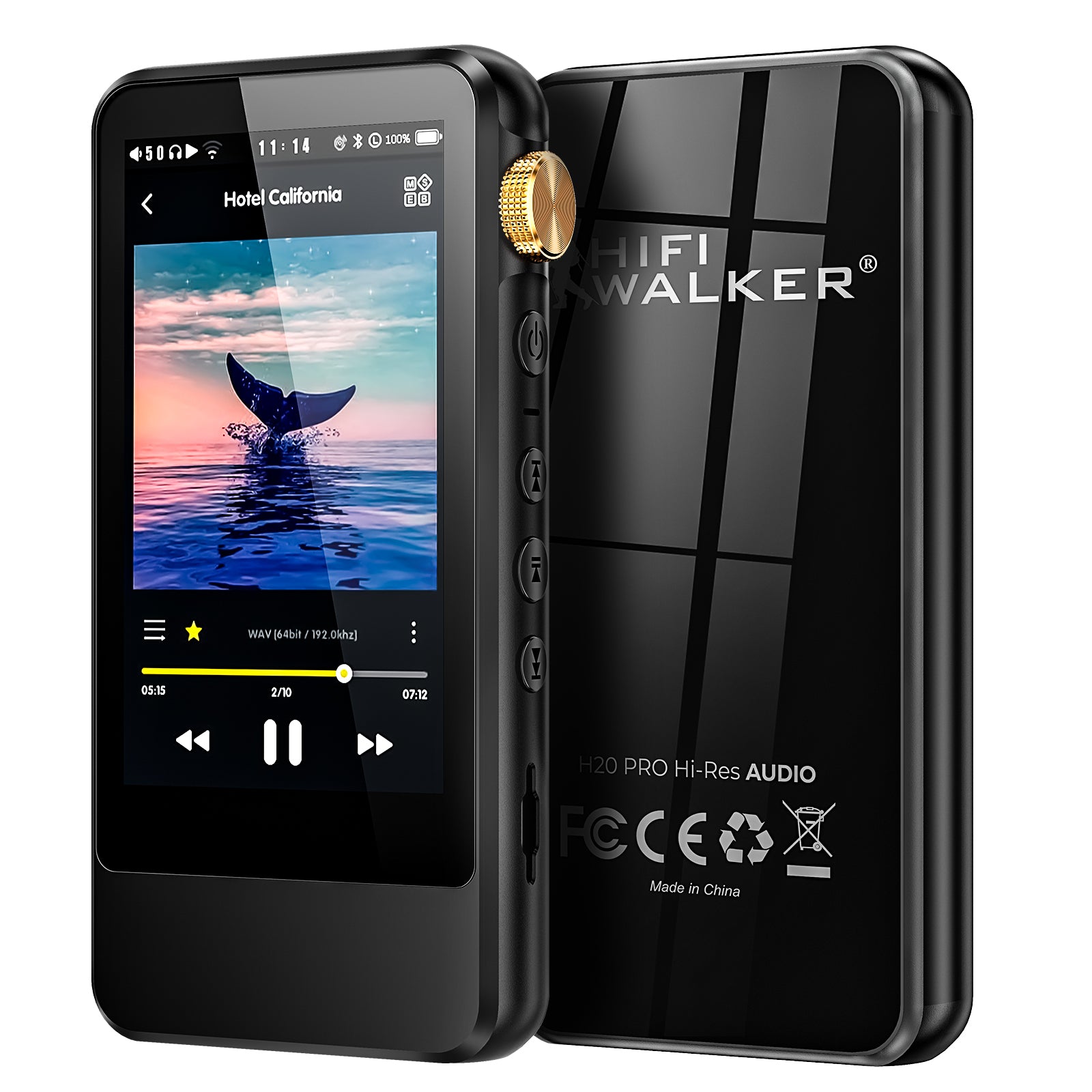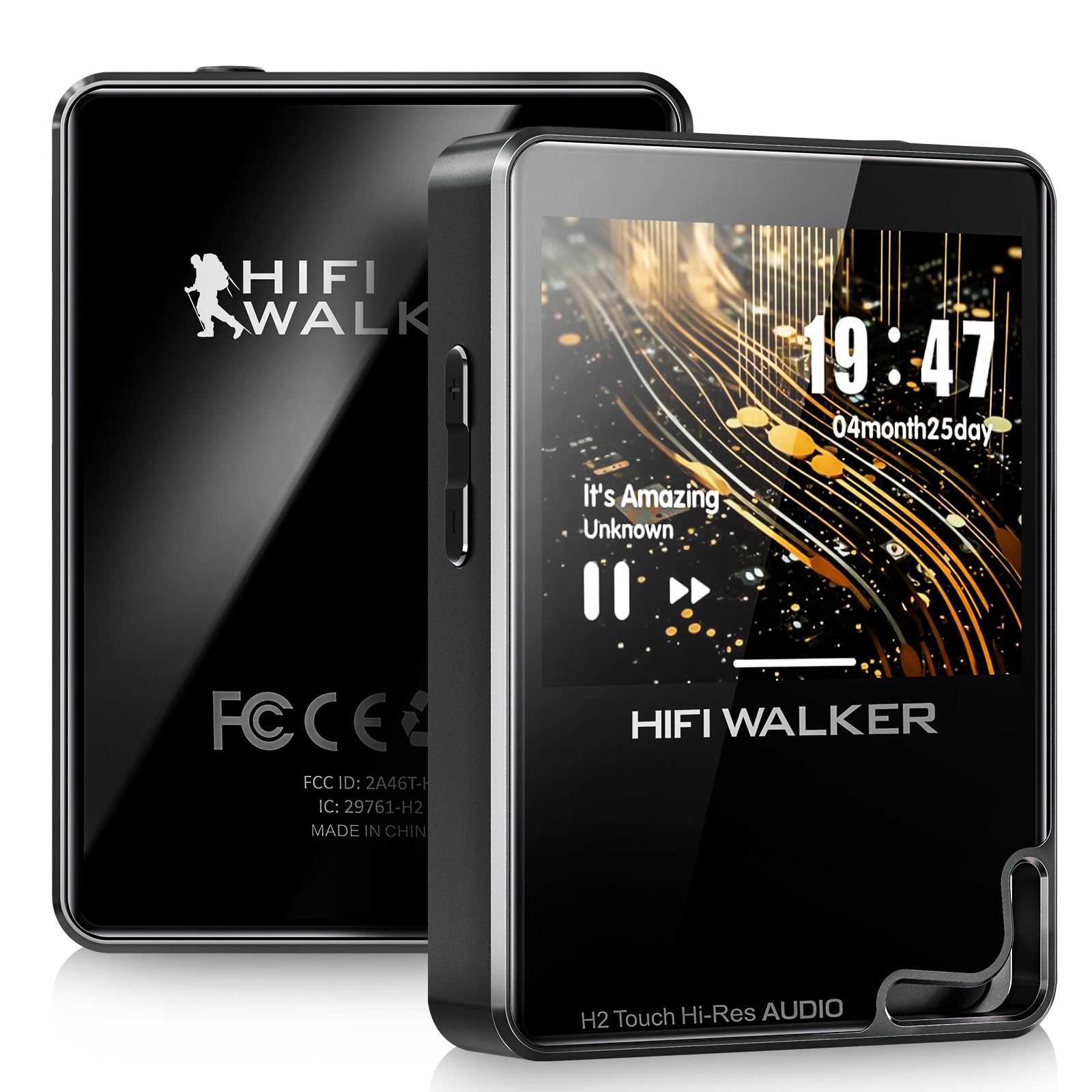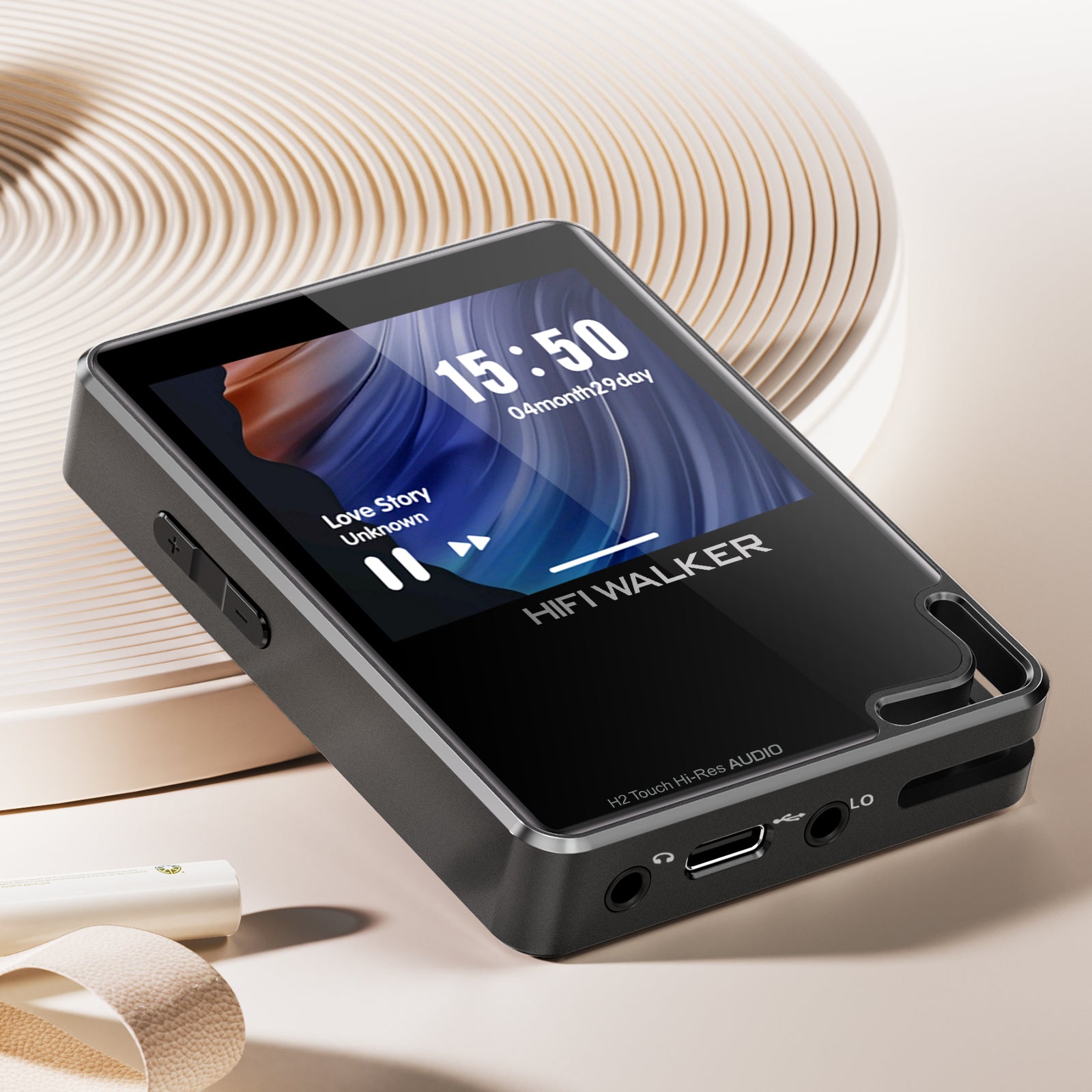In recent years, artificial intelligence (AI) has made significant strides in various fields, and audio generation is no exception. The emergence of AI audio generators is revolutionizing how we create, edit, and experience sound. From generating unique music tracks to creating realistic voiceovers, AI audio technology is becoming an essential tool for musicians, filmmakers, and content creators alike.
What is an AI Audio Generator?
An AI audio generator is a software tool that uses artificial intelligence algorithms to create or manipulate audio content. These tools can generate sounds that have never been heard before or modify existing audio tracks based on user inputs. With simple text prompts, users can instruct the AI to produce specific sounds or alter existing recordings.
For example, Nvidia recently unveiled its AI model called Fugatto, which allows users to create complex soundscapes from basic descriptions. This model can generate sounds like a saxophone barking or transform the noise of a train into a symphonic arrangement.

How AI Audio Generators Work
AI audio generators typically rely on deep learning algorithms and vast datasets of audio samples to learn how to create sound. They analyze patterns in existing sounds and use this information to generate new audio outputs. The process involves training the AI on millions of audio samples, enabling it to understand various musical styles, instruments, and vocal characteristics.
For instance, Nvidia's Fugatto has been described as a "Swiss Army knife for sound," capable of producing a wide range of audio effects based on user prompts. This flexibility allows for unprecedented creativity in sound design, making it easier for artists to experiment with new ideas and concepts.
Applications of AI Audio Generators
AI audio generators have numerous applications across different industries:
- Music Production: Musicians can use these tools to generate unique tracks or sound effects that enhance their compositions. This technology allows for rapid prototyping of musical ideas without needing extensive recording equipment.
- Film and Video Production:Sound design is crucial in film and video production. AI-generated sounds can be used to create immersive environments or enhance storytelling by providing specific auditory cues that match the visuals.
- Gaming:In the gaming industry, AI audio generators can create dynamic soundscapes that respond to player actions, enhancing the overall gaming experience.
- Voiceovers: Tools like Murf.ai allow users to convert text into realistic speech in multiple languages. This capability is beneficial for creating voiceovers for e-learning materials, advertisements, and podcasts.
- Accessibility: AI-generated audio can help make content more accessible to individuals with visual impairments or reading difficulties by converting written text into spoken words.
Advantages of Using AI Audio Generators
- Creativity: These tools enable artists and creators to explore new sound possibilities that they may not have considered before.
- Efficiency: AI audio generators can quickly produce high-quality audio content, saving time in the production process.
- Cost-Effectiveness:With the ability to generate sounds without expensive equipment or studio time, creators can reduce costs significantly.
- Customization:Many AI audio generators allow for extensive customization options, enabling users to tailor sounds to their specific needs.

Challenges and Considerations
While AI audio generators offer many benefits, there are also challenges associated with their use:
- Quality Control:The quality of AI-generated audio can vary significantly depending on the algorithms used and the training data available.
- Ethical Concerns:As with any technology that generates content autonomously, there are ethical considerations regarding copyright and ownership of AI-generated works.
- Dependence on Technology: Relying too heavily on AI tools may hinder traditional skills in music production and sound design.
The Future of AI Audio Generation
The future of AI audio generation looks promising as technology continues to evolve. With advancements in machine learning and natural language processing, we can expect even more sophisticated tools that provide greater control over sound creation. Companies like Nvidia are at the forefront of this innovation, pushing the boundaries of what is possible with AI-generated audio.
As the market for these technologies grows—projected to reach $20.4 billion by 2030—more creators will likely adopt these tools in their workflows. This trend will lead to increased collaboration between human creativity and artificial intelligence, resulting in unique artistic expressions.
For those interested in exploring high-quality audio experiences, consider checking out our website at HIFI WALKER. We offer a range of products designed for audiophiles looking for superior sound quality.
Note: This article presents objective viewpoints and is based on information sourced from various online resources. This addition provides a clear disclaimer regarding the nature of the content while maintaining the overall structure of the conclusion.

